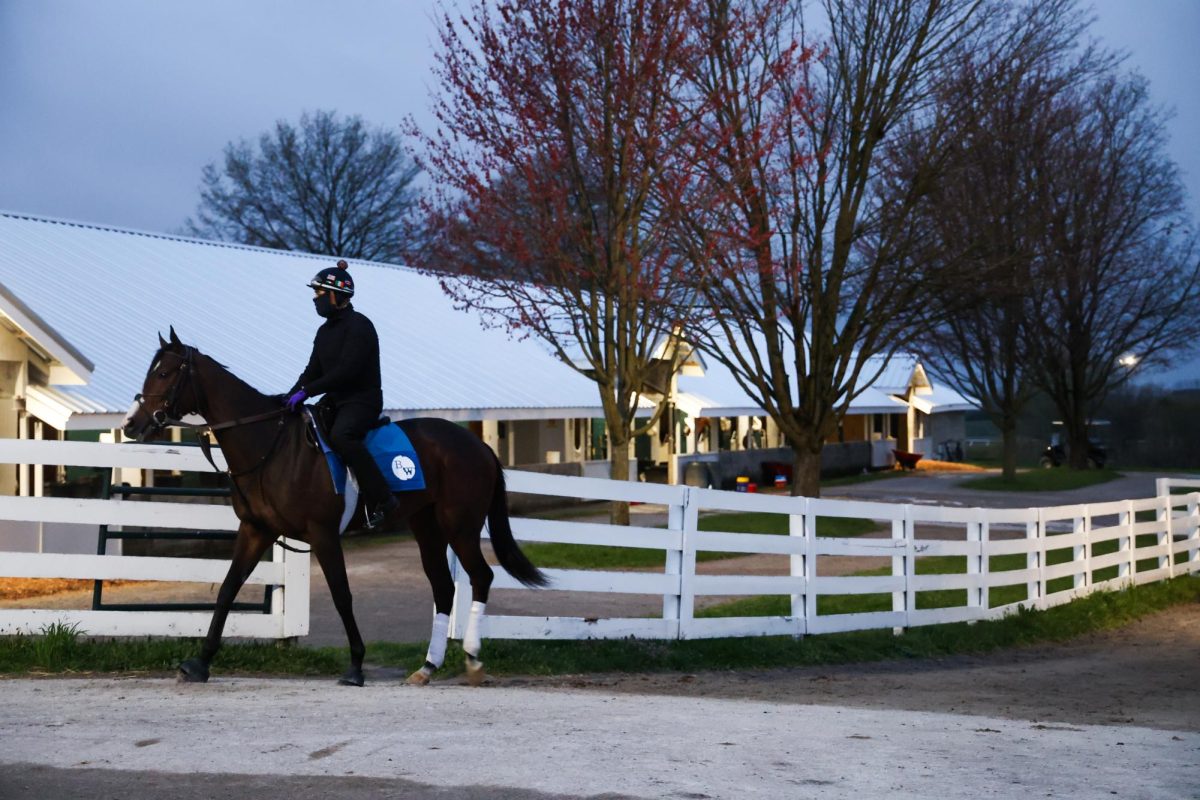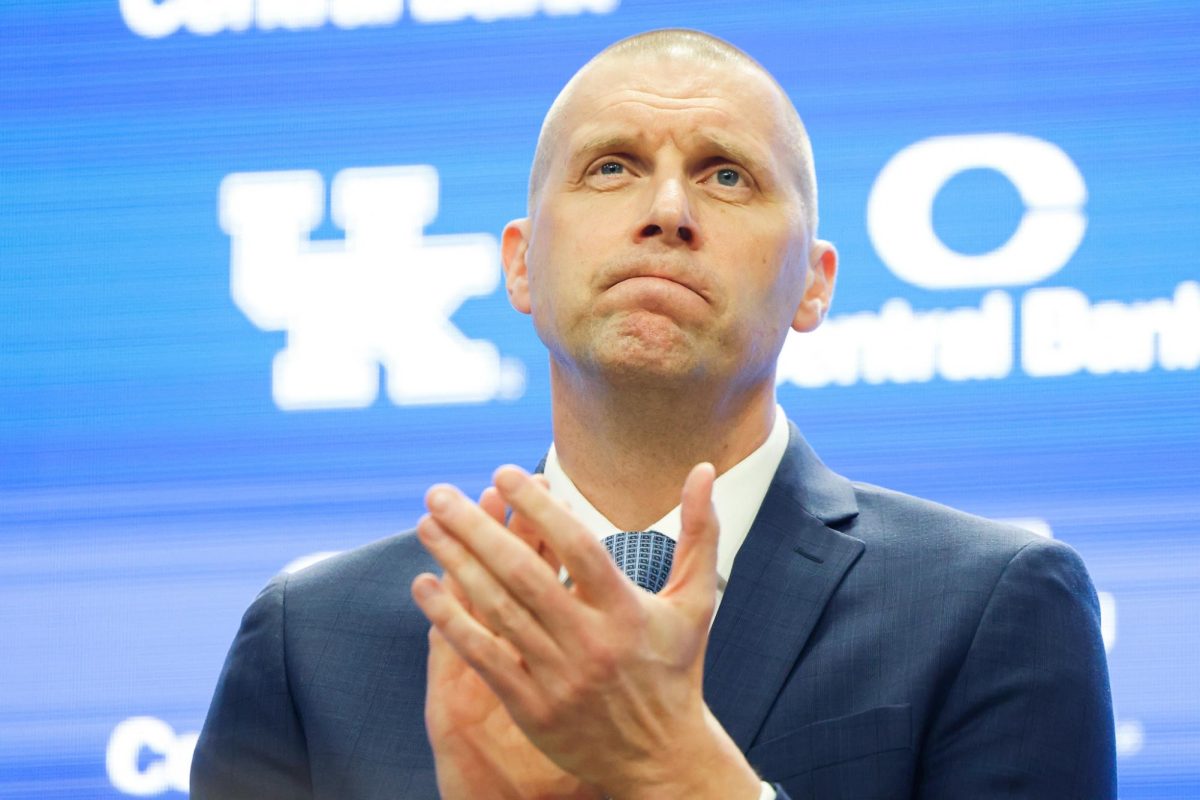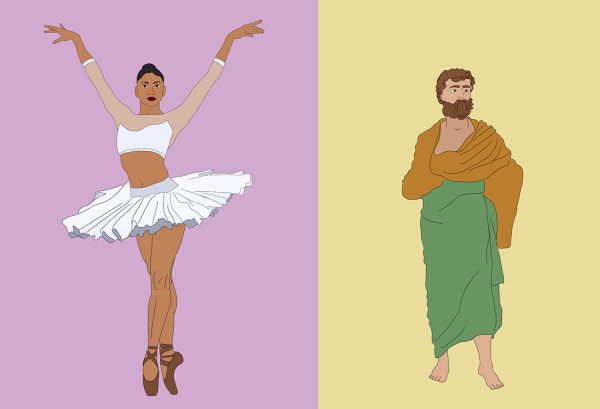Parents’ Involvement with Controversial Songs in the Media
April 7, 2021
Montero Lamar Hill, also known as Lil Nas X, recently received backlash from parents after releasing “MONTERO (Call Me by Your Name),” released March 26, along with the music video.
Lil Nas X is a Black gay man, and his identity plays a large part in the music video, which has biblical themes and ends with Lil Nas X killing Satan. Many parents were outraged at not only the video, but also the lyrics of the song.
Some are comparing it to “WAP” by Cardi B, which sparked controversy among parents when it was released back in August 2020. Both songs contain sexual undertones and vulgar language.
“WAP” is a more extreme example, but somehow received less backlash than “MONTERO.”
In response to the outrage of parents, students have begun to point out that the songs parents listened to when they were younger were just as vulgar.
Some of the songs mentioned are by artists Eminem, Madonna and Olivia Newton. The children of parents from older generations are explaining that parents will always disapprove of what their kids are listening to – it travels from generation to generation.
Depending on the point of view, some people like to focus on the beat of a song instead of the lyrics. When someone focuses on the beat of the music, they tend to ignore the sexual undertones of a song like “Physical” by Olivia Newton.
“It was something you could move to, so musically it was okay. The words – I didn’t pay any attention to really,” Donna Arvin, mother, said after listening to the song for the first time.
When asked if they had listened to artists like Madonna in their youth, parents Steve and Sheila Sexton and Randy and Donna Arvin all admitted to listening. Steve added that they all “sang [their] as*es off.”
The difference between the songs parents enjoyed back then and the songs they ridicule now are slim, agreed the four parents interviewed. Campbell Foster, a student at UK, says the difference is in the artist, not the songs themselves.
“Well, I think the big difference between that and what Lil Nas X is doing is that he is a Black gay man. I think that parents are afraid of that – they are afraid of that being flaunted,” Foster said.
Artists have always been open to writing sexual content into their songs, and the songs have almost always streamed on the radio for families in the car. So why are parents suddenly so involved in what their children consume?
“Social media,” Steve said in response.
“Facebook and TikTok have tuned us into a lot of what they are listening to and now we are all like ‘Oh my gosh! Our kids are listening to that!’” Sheila said.
All four parents agreed that in the end, no type of music should be banned. “Free speech is free speech,” Randy said, “This is the United States of America.”




























































































































































